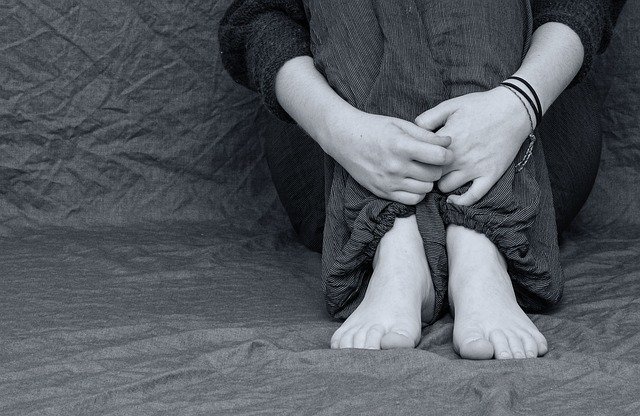
In a new study, researchers found that it is possible to predict the risk of relapsing into depression after stopping antidepressant medication.
People who relapse take longer to decide how much effort to invest in a reward.
The research was supported by the Swiss National Science Foundation.
A depressive disorder is a major public health problem with an unpredictable course. It often recurs, with episodes of depression interspersed with periods of remission.
Many studies have shown that in order to reduce the risk of relapse, treatment should continue even after symptoms have disappeared.
Unfortunately, this does not seem to have any effect on the risk of subsequent relapse after the drugs have been discontinued.
It is estimated that 30% of patients relapse within six months of withdrawal. That’s a very high rate. And doctors currently have no reliable tools for estimating this risk.
In the study, the team that observing the way people in remission make choices helps to predict the risk of depression relapse.
They recruited patients who had experienced recurrent or severe depression and were in remission, i.e. with no or almost no symptoms but still undergoing treatment.
These patients had already decided to stop taking antidepressants. Each participant was given a task to measure his or her willingness to exert effort based on different levels of reward.
This type of task was chosen because the scientific literature shows that a characteristic feature of depression is a low willingness to exert the effort required to receive a reward.
The researchers wished to go further and investigate whether this might be an indicator of potential relapse.
All of the people who had experienced depression completed the task twice: once before the medication was stopped and a second time either before or after discontinuation.
All the people were also followed for six months after the study to monitor them for relapse.
The team found that the decision time was longer in patients than in healthy people and, among patients, even longer in those who relapsed after tapering.
The researchers could show that decision time correctly indicates a future relapse for two out of three people.
A computational model showed it is possible to differentiate between formerly depressed people and healthy people: the former more often chose the option that required the least effort.
The researchers believe that in these people, depression may in fact persist, but asymptomatically.
The team says although the study found that the time it takes people to decide is predictive of the risk of depressive relapse, it’s too early to apply the finding in practice.
They are also working on other potential indicators of depression relapse.
One author of the study is Isabel Berwian, a psychologist.
The study is published in JAMA Psychiatry.
Copyright © 2020 Knowridge Science Report. All rights reserved.



